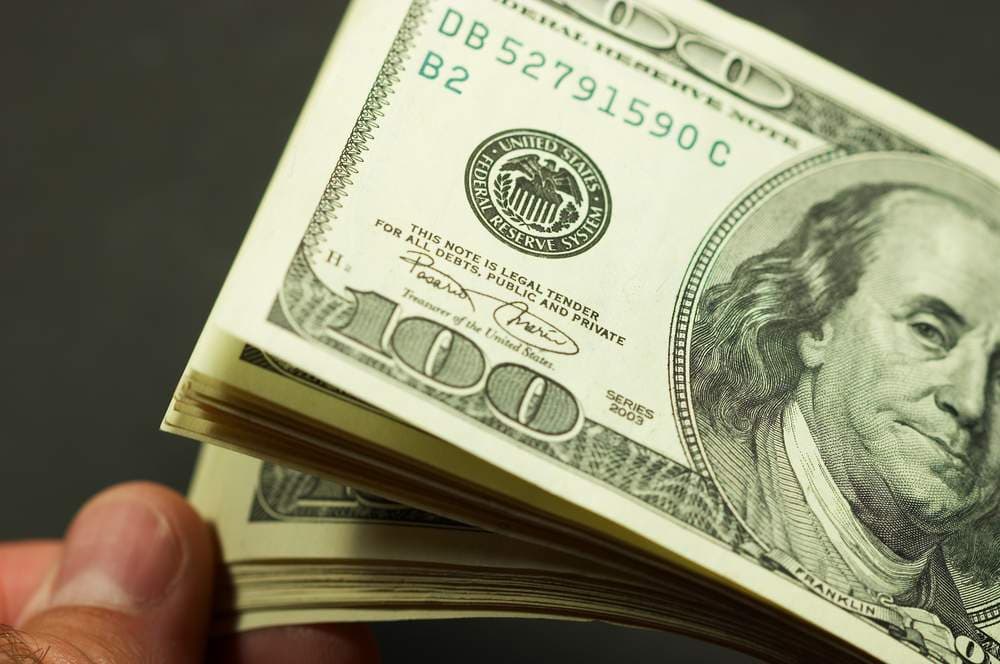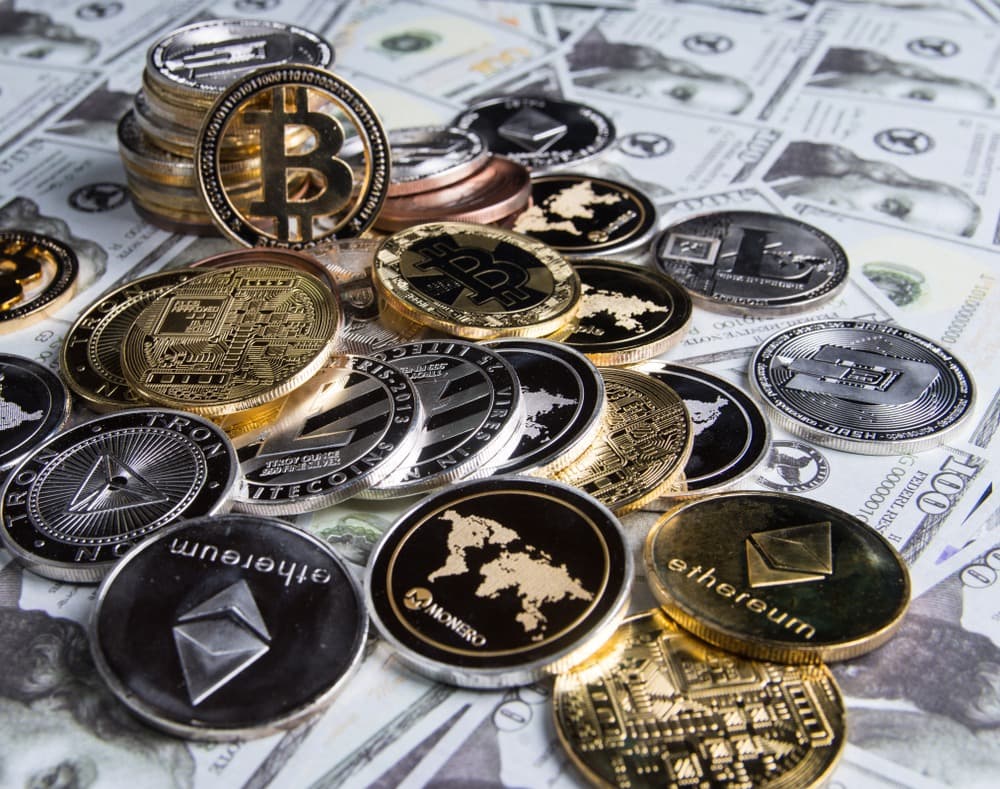
“The most entertaining outcome is the most likely.”
-Elon Musk
November 22, 2024 — There was a time when Russia’s discussion of the use of nuclear arms would have led to a major market selloff.
Instead, it proved a blip on the radar. Stocks tanked pre-market on Tuesday as Russia announced it eased its threshold to drop a nuke, only to end the day higher.
The real market-shaking event of the week? Nvidia. The GPU manufacturer has soared higher, up over 500% in the last three years. Of course, its earnings have soared by a similar amount. But it’s become the hot stock for the AI trend over the past two years, and any misstep could have resulted in a market meltdown.
Fortunately, there was little about Nvidia to shake. Shares barely moved 1% yesterday following earnings. No doubt any trader who thought the stock would make a big move, whether up or down, lost money.
Nevertheless, AI stocks could soon face their own “Cisco moment.” The modem manufacturer was the poster child for the dotcom boom, and saw a spectacular decline from its peaks.
We’re not quite there yet, given Nvidia’s latest results. The AI boom lives on. And the biggest winner? It’s likely Elon Musk, who is moving to pivot Tesla Motors from an EV company to an AI company with tools such as self-driving cars.
Elon Musk is on track to become the world’s first trillionaire, possibly before 2030, if the AI boom is as strong as its supporters contend.
At the other end of the spectrum, there’s Warren Buffett. The 94-year-old value investor has been trimming positions in companies like Apple and Bank of America all year.
Buffett isn’t a market timer per se, but he does tend to lighten up when he feels valuations are high. And he’s sitting on a record level of cash at Berkshire, over $300 billion. As a percentage basis, today marks one of his highest.
Does that mean market danger right away? Or will we continue on the path toward endless AI prosperity?
We suspect it will be a mix of both. Trump’s election and the push to keep tax rates low and deregulate may yet squeeze a few more years of a bull market – but expect some fearful pullbacks along the way.
Meanwhile, James Hickman at Schiff Sovereign takes a closer look at Buffett’s actions and what they may – or may not – mean for investors. ~ Enjoy, Addison
What’s Up With Buffett and His $325 Billion Pile of Cash?
James Hickman, Schiff Sovereign
Much has been written about Warren Buffett having sold a substantial amount of stocks. And his company, Berkshire Hathaway, is sitting on a record $325 billion cash pile as a result.
Buffett has often said that his preferred holding period for an investment is “forever”. So the fact that he has sold so much stock has many observers proclaiming that “Buffett is predicting an imminent stock market crash.”
Except that he’s not. Buffett is a pretty transparent guy who has never been afraid to speak his mind. If he were predicting a crash, he’d probably say it.
Besides, Buffett has sold plenty of stocks in the past; this is not an anomaly. In 2022 and 2023, for example, he dumped shares of Chevron, Activision Blizzard, Taiwan Semiconductor, and HP.
This time around he sold off some shares in Apple and Bank of America. But he actually explained WHY– especially with Apple. And I think his reasoning is worth mentioning.
Buffett explained to a reporter that “We don’t mind paying taxes at Berkshire. And we are paying a 21% federal rate,” which amounted to $5 billion last year.
But he continued, saying that the US federal corporate tax rate “was 35% not long ago, and it’s been 52% in the past. . . With the present fiscal policies, I think that something has to give, and I think that higher taxes are quite likely,” i.e. that the government will take “a greater share of your income, or mine, or Berkshire’s.”
“So if I’m [selling Apple stock] at 21% [tax rates] this year, and we’re doing it at a lot higher percentage later on, I don’t think [shareholders] will actually mind that we sold a little Apple this year.”
This is a critical takeaway.
Nations with enormous debts and deficits can’t live beyond their means forever; Buffett isn’t predicting a market crash– he’s predicting higher taxes… that, sooner or later, the federal government is going to have a take a much bigger bite out of people’s paychecks.
As I’ve written before, there’s a chance that Buffett’s prediction might be wrong. It IS still possible for the US to get back on the right track– a combination of government efficiency, spending cuts, de-regulation, and a technology (AI) fueled productivity boom could generate such an economic boom that the country COULD grow its way out of debt without having to resort to higher taxes (or inflation).
But the new administration will have to get moving immediately. Otherwise, Buffett will be proven right: higher taxes will be inevitable.
His decision to sell Bank of America stock is even more obvious and also bears mentioning. Quite simply, Bank of America is in deep trouble.
You probably recall how the Federal Reserve slashed interest rates all the way down to zero during the pandemic. It was ridiculous– the US government was able to sell Ten Year notes with a yield of less than 0.4%.
Talk about a shitty deal. The largest debtor in the history of the world was selling bonds with such a pitiful yield that they didn’t even keep up with inflation. Who would be such an idiot to buy such a terrible asset?
Bank of America, that’s who. In fact, Bank of America invested hundreds of billions of dollars of their depositors’ savings in these terrible assets.
Well, now that interest rates are literally more than 10x higher (from 0.4% to more than 4%), those same bonds that Bank of America bought back in 2020 and 2021 have lost a TON of money. BofA is sitting on more than $100 BILLION in unrealized losses from their bond portfolio.
Remember, this is the same reason that Silicon Valley Bank (among others) went bust last year– the bonds they bought during the pandemic lost a ton of value, and the bank was wiped out. Bank of America is in a similar position now.
The key difference is that Bank of America has enough capital on its balance sheet to sustain those losses. So they might not be wiped out or fail. But the implications for shareholders are pretty bad.
Whenever a bank gets into trouble, the first thing that happens is the regulators step in and start making a bunch of demands. In this case, the FDIC and Fed will probably force Bank of America to raise more capital.
This will have the effect of severely diluting existing Bank of America shareholders… which most investors, especially Buffett, absolutely HATE.
The second thing that regulators always do with troubled banks is force them to suspend their dividend. And dividends are among the top reasons why Buffett likes to hold companies “forever”. So given the likely prospect of zero dividends and heavily diluted shares, it looks like Buffett is getting out before regulators drop the hammer on Bank of America.
This is a big difference from “Buffett predicting a crash” as so many headlines across the Internet have been suggesting.
That said, the US stock market in general is definitely looking very expensive and near historically high valuations once again.
But there’s at least one sector that’s still cheap: real assets.
I’ve been writing for most of the past two years that real assets make a lot of sense to own, especially during inflationary times. Real assets were THE asset class to own during the 1970s stagflation.
The US is currently on the same path– with its national debt constantly surging to new record highs (now $36 trillion), suggesting that another bout of nasty inflation could be in order down the road.
But, again, there’s now a reasonable chance that the new administration is able to get the nation’s finances on the right track… potentially forestalling an inflation spike and debt crisis.
So do real assets still make sense?
For now, yes. Natural gas is a great example– as I’ve explained before, US natural gas is still incredibly cheap. And any American energy renaissance will depend heavily on natural gas. Prices could surge as a result, and natural gas producers could boom. Yet many companies’ shares are still available for peanuts.
Bottom line, it still makes sense to consider fantastic real asset producers– especially when they are profitable, low-debt, dividend-paying businesses that trade at absurdly low valuations. ~ James Hickman, Schiff Sovereign
Regards,

Addison Wiggin,
Grey Swan
P.S. Reader C.C., who we regularly correspond with, had some interesting views on many of our recent topics, particularly the Department of Government Efficiency (DOGE) and whether or not anyone can really drain the proverbial swamp:
I think there’s lots of potential Mileis in the US who would do a better job, but Trump is the only one so far who dared to call out the DC swamp directly. He was just in the right place at the right time.
…But in the end, it’s still him vs the deep state and the swamp critters. I just hope the people around him know what they’re doing.
Send your thoughts on post-election America, gold, or bitcoin here: addison@greyswanfraternity.com



